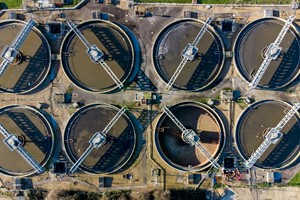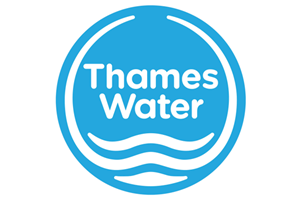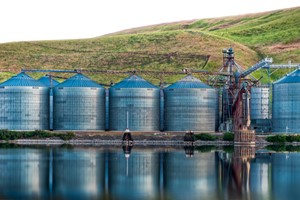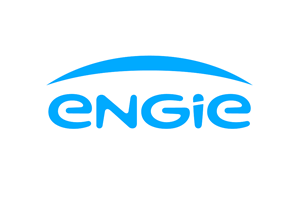Ofwat has announced a £104bn investment plan for the water sector, marking a major shift in the industry aimed at improving services and enhancing environmental standards. The new funding package, revealed on 19 December, is set to drive substantial, lasting improvements for customers and the environment over the next five years.
David Black, Ofwat’s Chief Executive, emphasized the significance of this moment, stating that water companies now have the chance to regain customers' trust. The £104bn upgrade aims to improve performance, address environmental issues, and enhance the customer experience. However, Black noted that customers will expect these improvements to justify an increase in their bills, urging water companies to meet the challenge with a transformation in both culture and performance.
The investment includes several key components that reflect both UK and Welsh Government priorities. £12bn will be dedicated to reducing storm overflow spills through 2,884 projects. An additional £6bn will be allocated to tackle nutrient pollution across 1,000 sites and catchments. A further £3.3bn will be used for nature-based solutions and biodiversity enhancement. £2bn in development funding will unlock £50bn for 30 major projects, including nine new reservoirs and nine large-scale water transfer schemes. £456m will go towards day-to-day allowances to replace 8,445 km of water mains over the next five years.
To ensure these investments are fully realized, the average water bill in England and Wales will rise by £31 per year (36%) before inflation by 2030. This increase is lower than the £39 per year hike initially requested by companies, which would have raised bills by 44%. Ofwat's scrutiny of the companies’ business plans resulted in removing £8bn in unjustified costs, ensuring the investment will be used efficiently and effectively.
Ofwat's role as the economic regulator involves making sure customers only pay for the efficient costs of new investments and ensuring companies deliver real value. This includes assessing the cost of proposals and holding companies accountable for the funds allocated. Ofwat's rigorous examination also led to a revised allowed rate of return, which increased to 4.03%, reflecting current market conditions.
The funding package addresses several environmental goals, including reducing storm overflow spills, improving wastewater treatment, and enhancing drinking water quality. Alongside these improvements, companies are being held to account with targets set across 24 performance areas. Failure to meet these targets will result in automatic penalties, with the penalties returned to customers through lower bills.
The funding boost is expected to have a long-term positive impact on the economy, supporting new housing and business development. The £2bn allocated for development funding will help unlock £50bn in investments for major infrastructure projects, such as nine new reservoirs in key areas like Lincolnshire, Cambridgeshire, and Oxfordshire. These reservoirs will provide enough additional capacity to serve 2.5 million households and ensure the water supply is sustainable for the future, especially in light of climate change challenges.
Further, Ofwat is increasing the Innovation Fund to £400m and introducing a new £100m Water Efficiency Fund. These funds will encourage innovative solutions across the sector, addressing challenges and promoting water efficiency to reduce demand.
To ensure customers are supported during the transition, the water sector has also stepped up efforts to assist those struggling with bills. As a result, the proportion of customers receiving help will more than double, from 4% to 9%.
In summary, this comprehensive £104bn investment plan represents a significant commitment to both environmental sustainability and customer satisfaction, with a strong emphasis on accountability, efficiency, and innovation.














